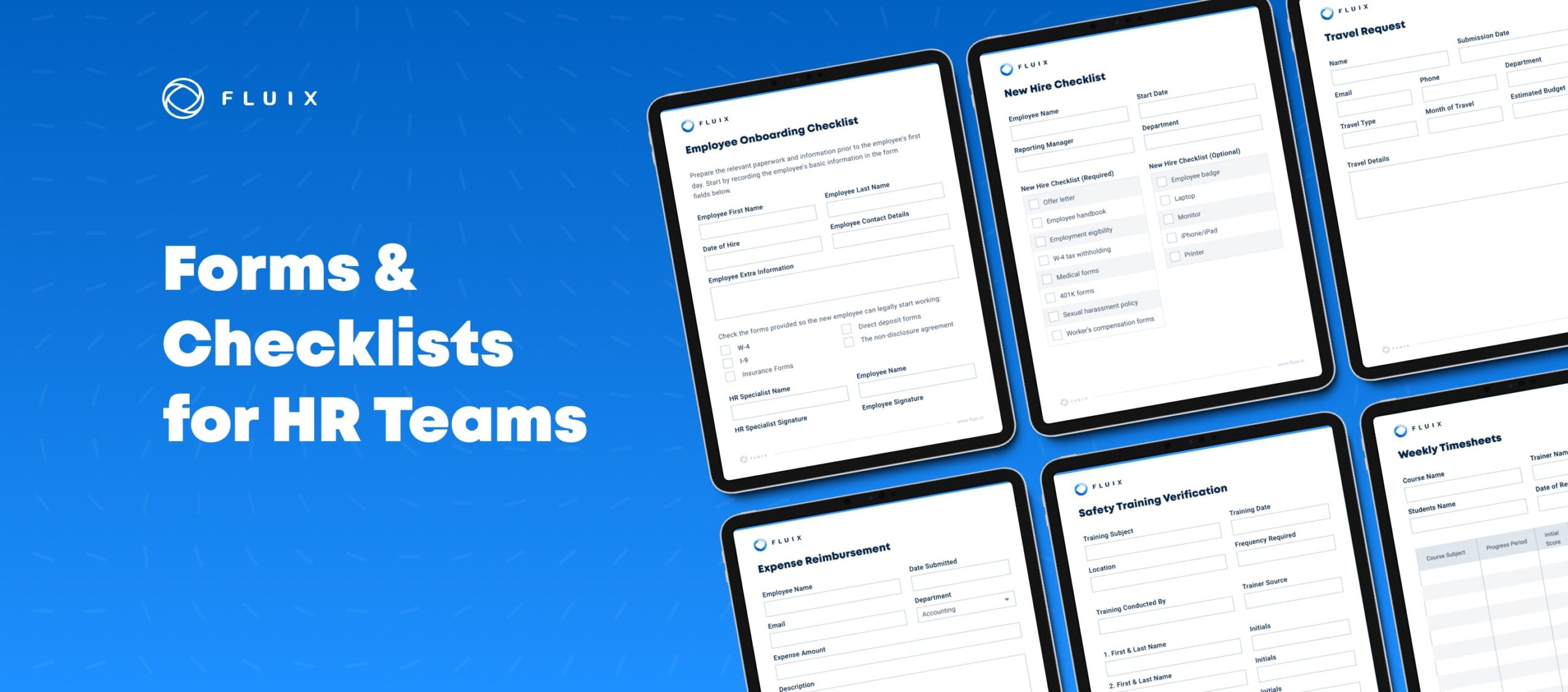The mere fact of being in a management position doesn’t make you a good manager. What makes you a good manager is getting the job done on time, bringing out the best in your team, and making sure everyone is working toward a common goal.
To do that well, you need the following skills:
- Communication: Good communication means being clear when explaining tasks, being open about organizational changes, and sharing your vision of success.
- Decision-making: Making decisions involves considering different viewpoints and choosing the best solution.
- Goal orientation: As a manager, it’s your job to set clear goals for the team. Focus on what matters most and make sure everyone knows exactly how to get there.
- Leadership: Great leaders don’t just delegate tasks, they let their team find their own way to get things done.
- Evaluation: It’s important to regularly review your team’s performance and consider how your management style and work environment are affecting their progress.
Reflection is essential for your growth as a manager and for helping your team thrive. Below are 75 questions, organized to help you reflect on your team dynamics and your role in driving success.
Communication
Regularly reviewing how your team communicates helps you understand if they’re collaborating effectively. It shows whether they have the right tools to work together easily and helps you spot any gaps or issues that might slow down progress at different project stages.
- Is there a clear communication strategy for field operations?
- Does the communication strategy support quick decision-making in the field?
- Who’s involved in developing this strategy?
- Who’s responsible for implementing it?
- Are the goals of this strategy clearly explained to your team?
- Do you have a go-to platform for communication?
- Why was this platform chosen?
- Who manages it?
- Is the platform supported on all devices?
- Is it easy to use on-the-go?
- Does it integrate smoothly with other tools?
- Is it secure enough for handling sensitive information?
- Is your team properly trained on how to use the platform?
- Does the platform work for both individual and group communication?
- Can you grant external collaborators access to the platform?
- Can your team report issues in real-time on the platform?
- Can your field workers receive important updates instantly?
- Can information be shared quickly between the field and the office?
- Can they log information offline and automatically sync when back online?
- How do you motivate your team to use it effectively?
- Does using the platform improve team collaboration?
- Does it enhance overall project performance?
- What’s the best result you’ve achieved using this communication tool?
- Do you regularly collect feedback from your team on how the platform is working?
- How often do you review the platform to ensure it meets evolving field needs?
Project Management
Project management keeps field operations on track and helps everything run smoothly. It’s more than just hitting deadlines – it’s about organizing every stage, from planning to completion.
- Are the goals of your project clearly defined?
- Is your project’s organizational structure designed to support its goals?
- Do you have the right equipment and assets to complete your project?
- Do you have the right mix of skills on your team to ensure project success?
- Are project roles and responsibilities clearly outlined and understood by your team?
- What processes are in place to ensure smooth execution in the field?
- Are workflows designed to minimize downtime and maximize efficiency?
- Are resources being used effectively to avoid waste and delays?
- Are there tasks that could be automated?
- How are tasks prioritized to ensure maximum productivity?
- What methods are used to track productivity in real-time during field operations?
- How often are productivity goals reviewed and adjusted to fit project timelines?
- What unexpected problems tend to occur in the field?
- How are they managed?
- Is leadership involved enough in making key project decisions?
- Is communication throughout the project consistent and clear?
- What improvements can be made in how the team communicates during the project?
- How is progress monitored and tracked?
- How is progress shared with your team to keep everyone aligned?
- Are all deadlines met consistently?
- Are project objectives completed successfully?
- Is everyone involved satisfied with the project outcomes?
- Do the results of the project justify the resources and effort put in?
- What lessons were learned from this project that can be applied to future work?
- Who is responsible for analyzing performance and making adjustments for future projects?
Read More Read More Five best photo documentation tools for better project management
Team Performance
To truly understand your team’s strengths and weaknesses, you need to ask the right questions. The following prompts will help you get a clearer insight into your team’s performance and what motivates them.
- How does each team member fit their position?
- What skills can be used more effectively?
- Is there a skill gap, and how can it be filled?
- How do you track and measure daily progress in the field?
- Can your team’s structure be improved?
- Is your team involved in decision-making?
- How effectively does your team collaborate across locations or job sites?
- How well does your team adapt to challenges like weather or equipment issues?
- How does your team handle tight deadlines?
- Is your team equipped with the right tools and resources to work efficiently in the field?
- Are there bottlenecks slowing down efficiency, and how can they be fixed?
- Is your team proactive in spotting risks or inefficiencies?
- What can improve your team’s response time to issues on-site?
- How well does your team balance fieldwork with admin tasks?
- What working conditions boost productivity?
- What changes could improve daily work?
- What has been most/least helpful in their development?
- What training or development would help your team perform better in the field?
- What keeps morale high during tough field conditions?
- How is your team motivated to do better?
- What will help your team grow further?
- What professional growth opportunities are available to them?
- Is constructive feedback given as needed?
- Does your team have opportunities to provide feedback?
- How does your team prefer to receive feedback?
If your evaluation reveals that communication issues, workflow delays, or team inefficiencies are affecting performance, don’t worry — we’re here to help.
At Fluix, we’ve spent 10 years helping remote teams and field workers stay efficient with tools that centralize information and improve workflows. Our project management software makes it easy to organize and automate tasks, track progress, and ensure smooth communication at every stage.





